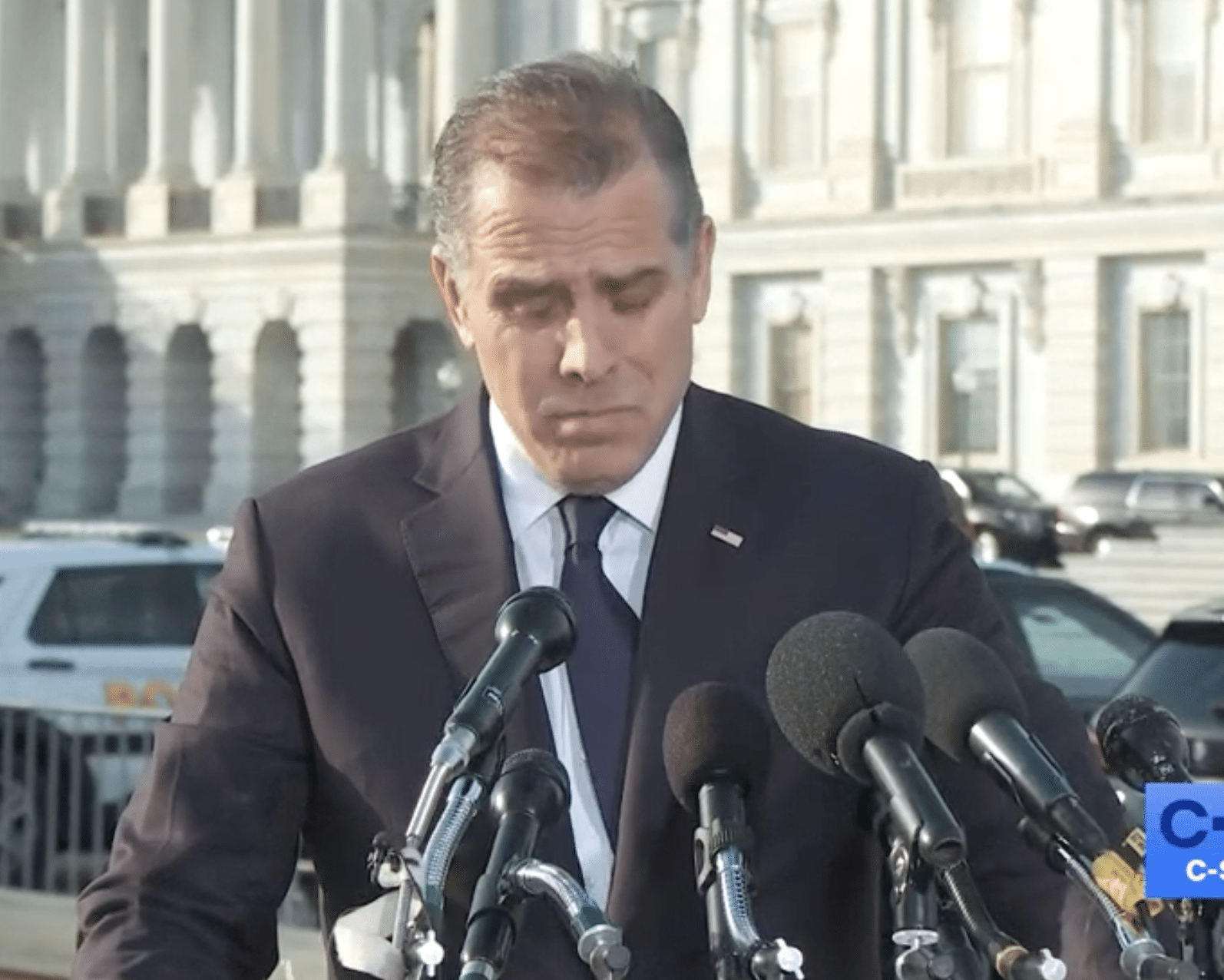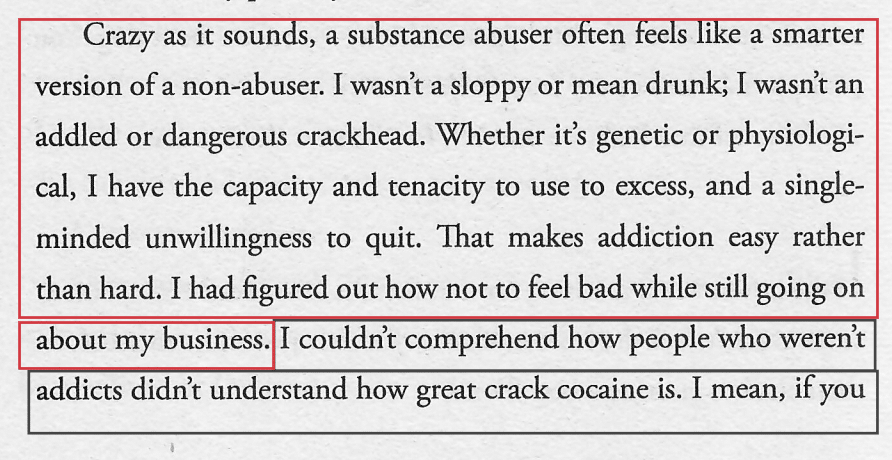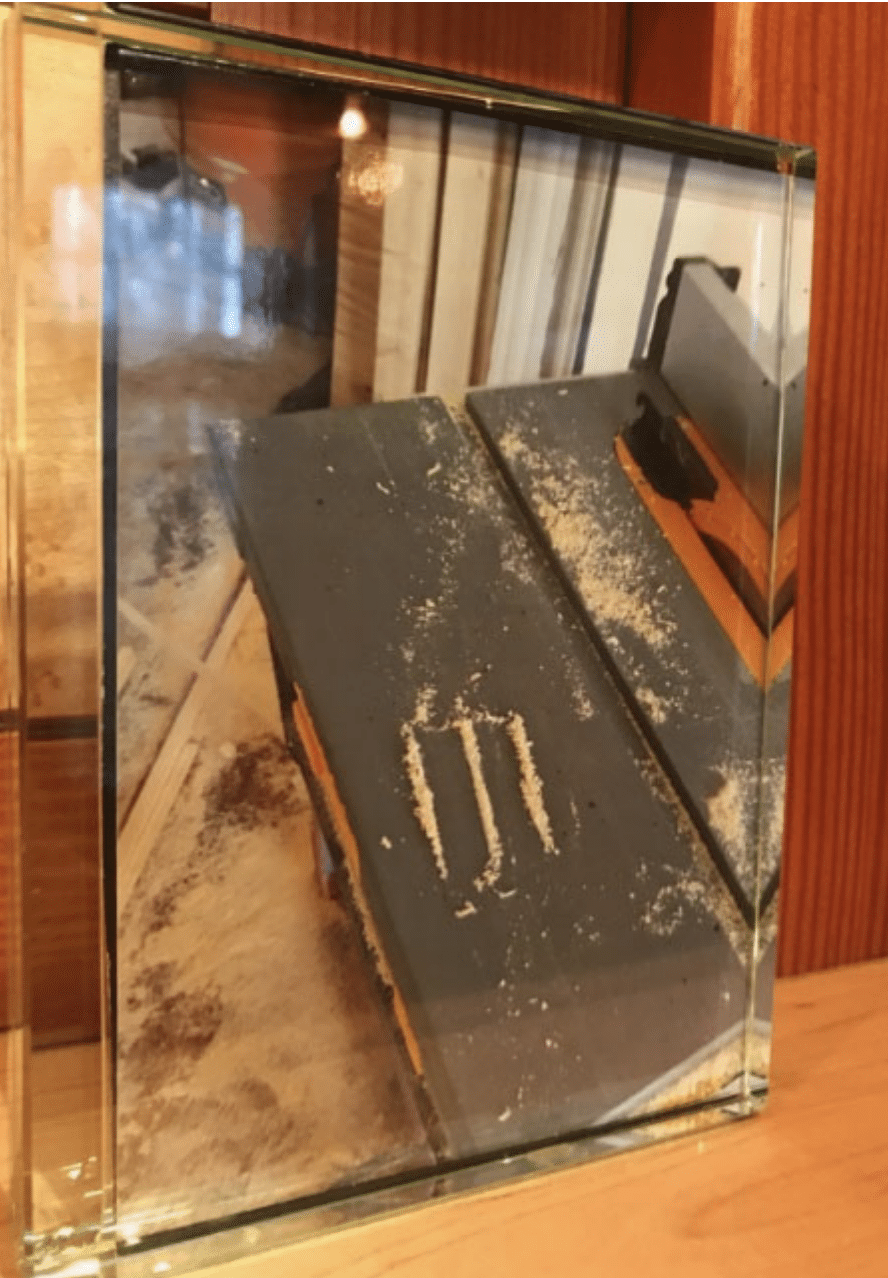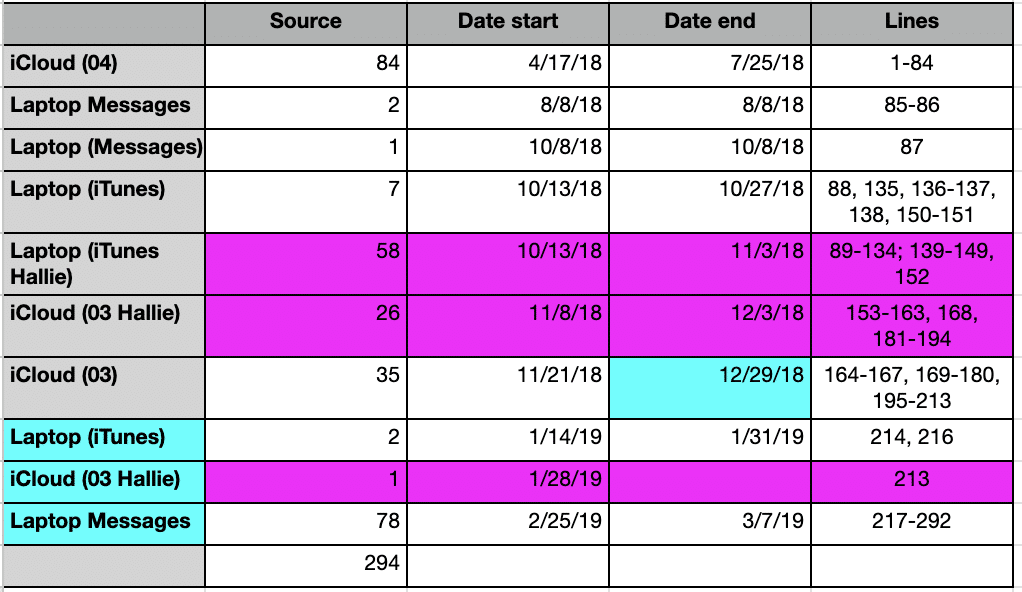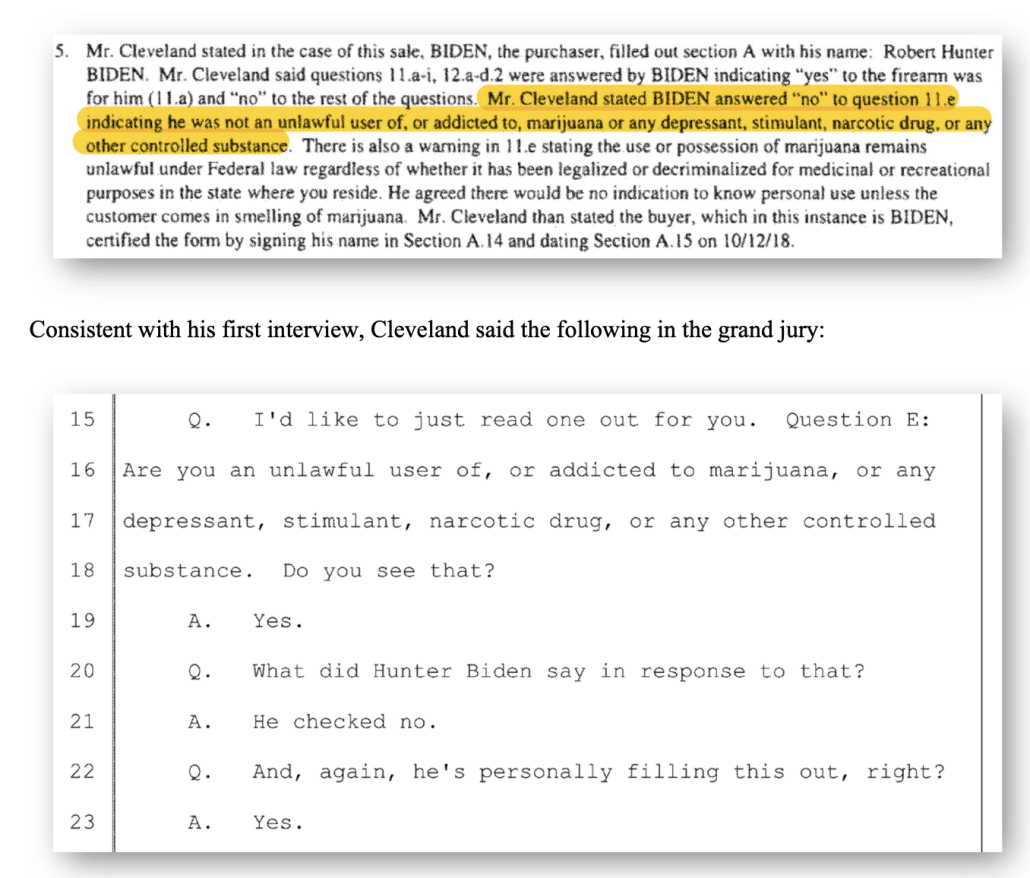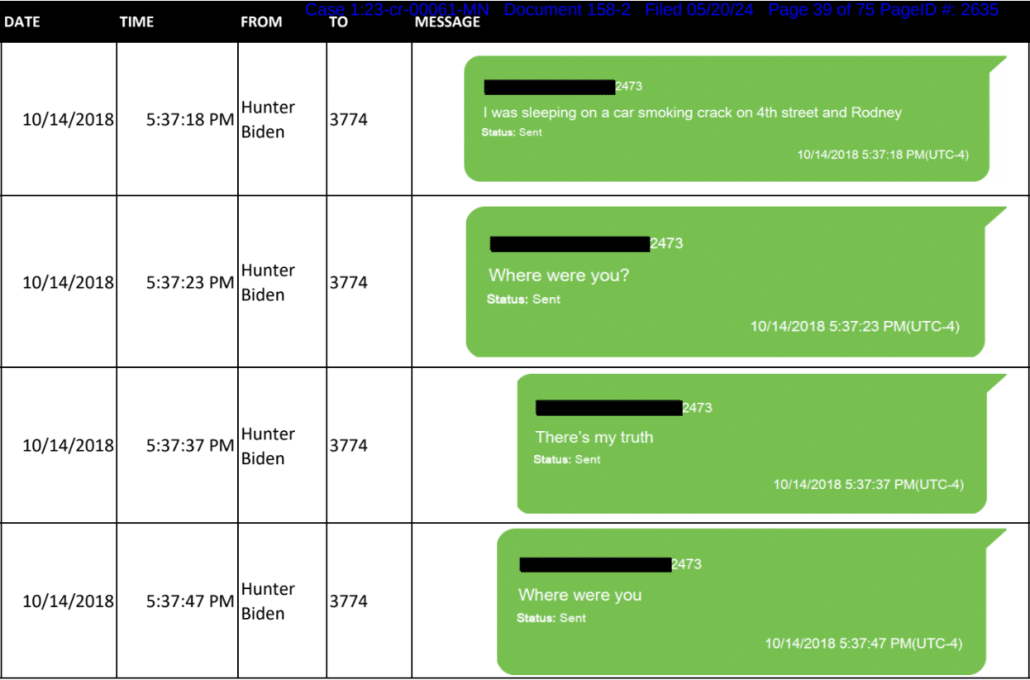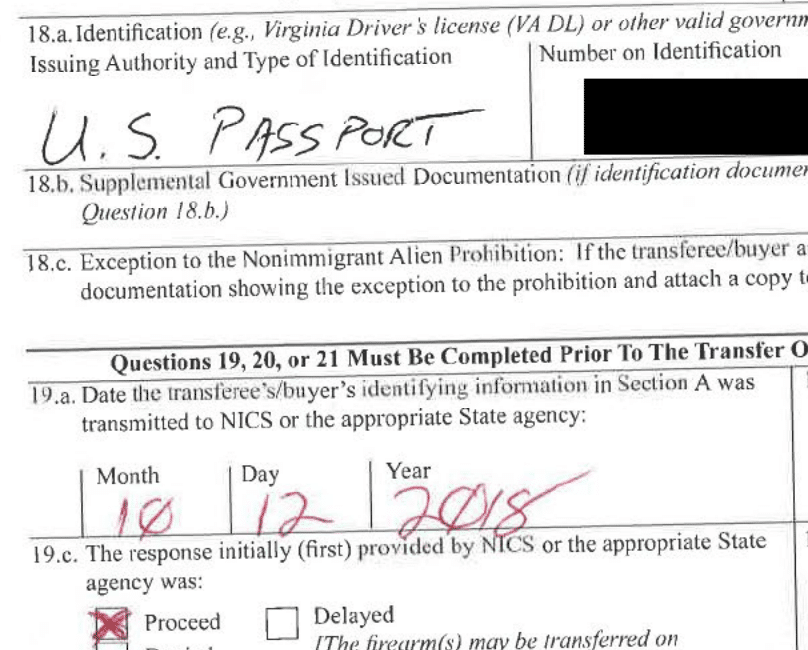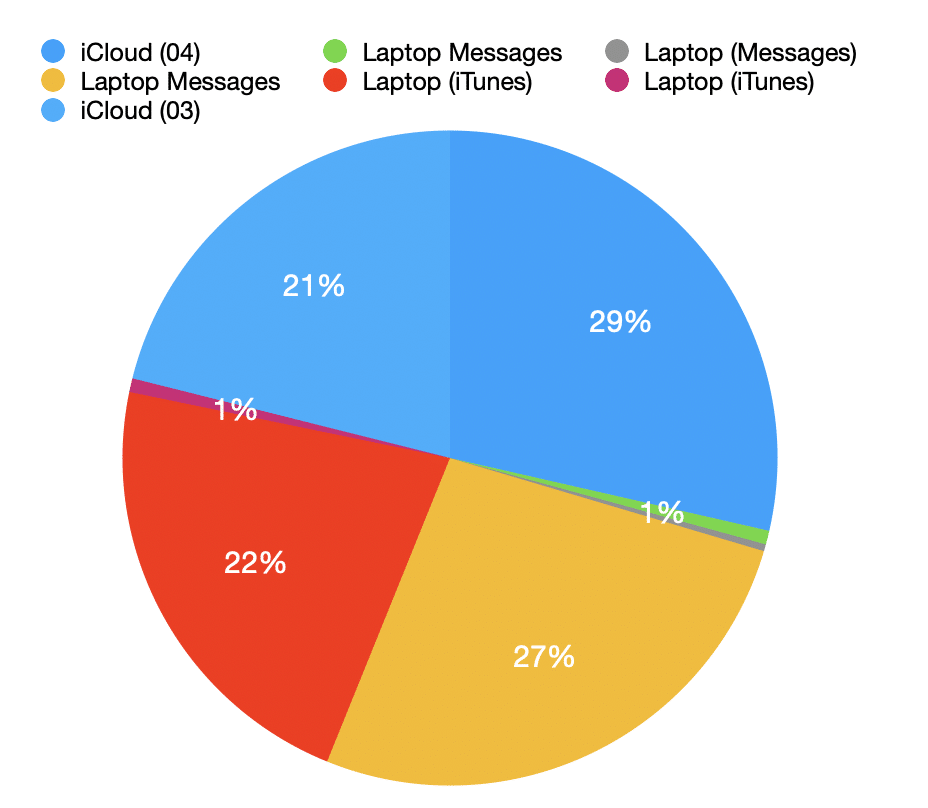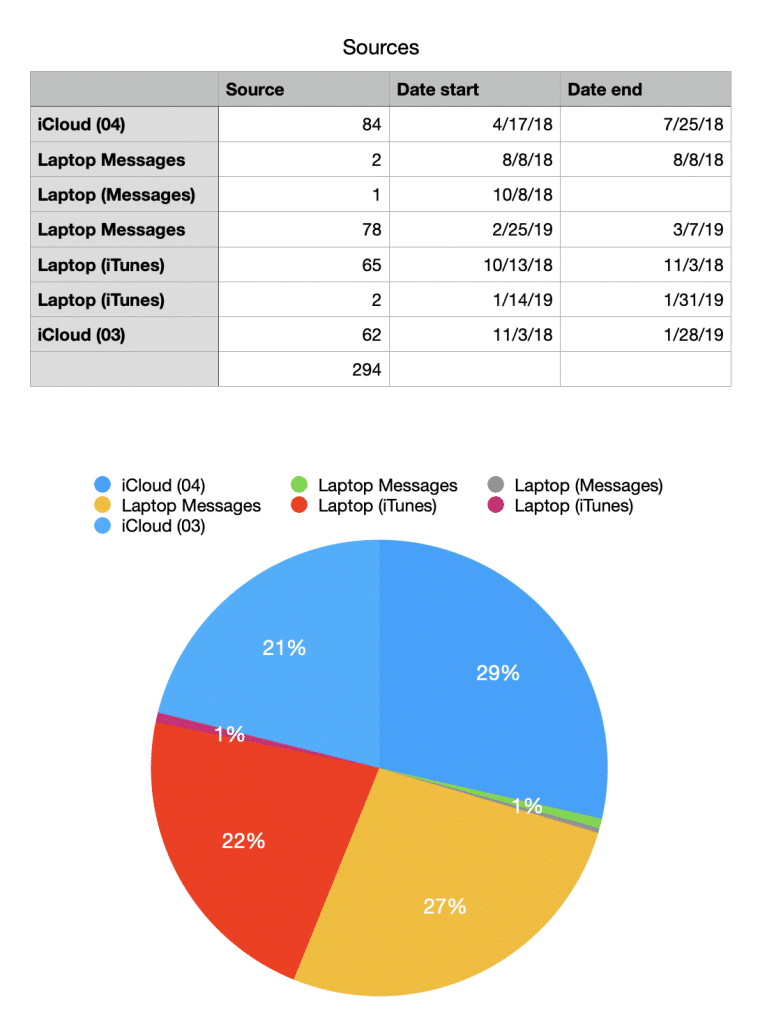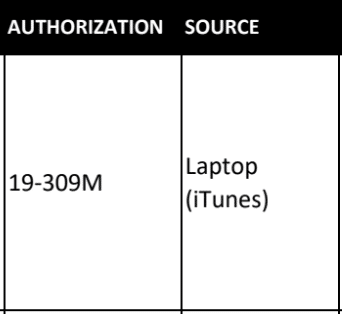Special Agent Erika Jensen: Watch the Summary Witness’ Blind Spots
The only witness who testified at yesterday’s opening day of the Hunter Biden trial yesterday was a 20-year FBI Special Agent named Erika Jensen. As Derek Hines had her introduce herself, she’s just a summary witness, and as presented so far, almost exclusively with regards to, “addiction and illegal controlled substances.” She’ll probably be on the stand for at least an hour today.
Q. Can you describe the types of crimes you have investigated during the course of your career?
A. I am primarily a criminal agent, so I have worked matters such as drugs, gangs, firearm offenses. I have done white collar, which is bank related crime, corruption, and other criminal matters.
Q. Were you assigned to a criminal investigation of the defendant, Robert Hunter Biden?
A. Yes.
Q. Approximately when were you assigned?
A. In the fall of 2023.
Q. Are you testifying today to summarize certain evidence collected during the investigation?
A. Yes.
Q. What kind of evidence are you summarizing today?
A. It’s going to be evidence of addiction and the use of illegal controlled substances. [emphasis]
Now, it is normal for prosecutors to rely on summary witnesses to admit a bunch of evidence. They used Jensen to admit all the parts of Hunter’s book that made his addiction look really bad, a bunch of communications, and select financial records. It is very common for the summary witnesses to be deliberately compartmented from anything prosecutors want to hide from the defense or jury or public.
In this case, the entire prosecution team (with the very notable exception of David Weiss, who has sat in two courtrooms watching Leo Wise make claims that are not true) is effectively a clean team, made up of people who were not part of a lot of sordid things that happened years ago, sordid things that are likely a big part of the reason David Weiss was originally willing to end this investigation with misdemeanors and a diversion agreement. So after Weiss reneged on that plan, using the disgruntled IRS Agents’ complaints as an excuse, everyone got replaced. Poof! Sordid past becomes plausibly denied.
Jensen adds a layer of compartmentation on top of that. Because she only joined the team in the fall, for example, she is likely entirely compartmented from the way Leo Wise chased Alexander Smirnov’s fabrications about Joe Biden. She didn’t do any of the exploitation of the digital evidence. She’s likely not the person who told Derek Hines that sawdust is cocaine, though whoever did was likely playing the role she’s now playing. She’s not the person who made a show of reviewing the digital data after prosecutors finally got a warrant to search for gun crimes in December 2023; a Special Agent named Boyd Pritchard did that (indeed, her summary claims to be relying on the 2019 and 2020 warrants to access the data, something that may come up in cross today).
Again, all of this is common, if not expected. If trials provided opportunity to learn what really went on in criminal investigations, there’d be fewer guilty verdicts.
There are, however, some embarrassing things that Jensen does or likely knows. For example, it appears that, after prosecutors frothed up the entire dick pic sniffing brigade by claiming the pouch in which the gun was found had cocaine residue, they discovered Hallie Biden put the gun there, as Hines made clear in his opening argument.
Hallie found the gun, as well as his drug paraphernalia, drug remnants scattered in the truck. Concerned about the gun, she decided to get rid of it. She panicked, she put the gun in the defendants leather pouch, which was also in his truck, a leather pouch which he used to store his crack cocaine, an accessory, she put the gun, pouch, speed loader and ammunition in a gift bag.
Additionally, Jensen interviewed Gordon Cleveland — alone, a no-no in FBI procedure — about why the gun shop doctored the gun purchase form. That means she’s the only witness to Cleveland’s observation that he doesn’t much care about the documentation. But since that’s not yet in evidence, it’s not clear Lowell will be able to cross-examine her on it (which may have contributed to prosecutors’ decision to start by proving that Hunter was an addict — to protect both Jensen and Cleveland’s credibility after they both did something stupid, though they could bring Jensen back to summarize everything else).
Prosecutors use summary witnesses to protect weaknesses in their case.
But because they do, you can sometimes learn something about a case from the negative space outlined by the testimony of a summary witness. It points to areas where prosecutors wanted their summary witness to remain intentionally dumb.
A glaring example evident already from Jensen’s testimony is Keith Ablow. Derek Hines had Jensen introduce the invoices from a rehab center Hunter attended in August 2018, which will admittedly be an absolutely critical issue of contention going forward (because prosecutors only have testimonial evidence that Hunter used drugs between then and when he bought a gun).
Q. What does the top show, page 1?
A. So the top shows where the e-mail was received from at The View, and it’s sent to [email protected], and the date of 8/22/2018, the time and the attachment of invoice.
Q. What is The View?
A. The View is a detox center, rehab center.
Q. Where is it located?
But he didn’t have her pull invoices relating to the Keith Ablow Ketamine treatment. And when Abbe Lowell asked her about it on cross, she said she was not going to pull any of that evidence, and so could only offer a vague date about when it was.
Q. That’s when he left Delaware to go to Massachusetts for another form of rehab. Isn’t that what happened in the chapter? Isn’t that the date? After —
A. I have a date when he went to Massachusetts, that I saw — I’m not going to pull that from the excerpts though, I don’t know that we have that, but it was November, mid November is what I believe.
Q. So after the October incidents, he goes to Massachusetts and there he is entering another form of rehabilitation, is that your understanding of the timeline?
A. Yes. Yes.
So it was left to Lowell to point out that a great deal of the texts on which she relied came from after that treatment, well after Hunter ever owned a gun.
Q. And then the texts that I started with when I was asking you questions start in the end of 2018 after November, to 2019, we established that timeline; right? I’m sorry, we established that timeline — sorry, we established that timeline, that the —
A. Yeah. Yes, we went over messages from February of 2019.
Q. Following his going to Massachusetts which you and I just established was in November of 2018?
A. Correct.
Q. And that was after the October purchase of the gun?
A. Yes.
Q. And that was after the gun was no longer in his possession?
A. Yes.
Remember: Hines has always very deliberately buried this passage from Hunter’s book.
The therapy’s results were disastrous. I was in no way ready to process the feelings it unloosed or prompted by reliving past physical and emotional traumas. So I backslid.
Unless I’m misunderstanding the excerpts that did come in (which were wildly skewed to years long before he owned a gun), it’s not in evidence. So when Hines relied heavily on some 2019 communications to try to suggest a continuity to Hunter’s addiction yesterday, he didn’t tell the jury that, at least according to Hunter’s own reconstruction, what Hines is relying on is actually worse than his state in 2018, when he bought a gun.
Hines has always been relying on Hunter’s state after Keith Ablow got to him, but yesterday he tried to entirely obscure that fact.
No doubt because he’s relying on massive bank withdrawals as a proxy for spending on drugs the consumption of which he has no direct proof, Hines similarly did not have Jensen tally out what Hunter was spending money on in fall 2018 (and there has been no mention of sex worker payments, which both the prosecution and defense know, but will not explain, made up a big part of those expenses).
Q. And can you go to the next page. It says August 21st. Can you go to the next page? With the amount 5,000. Can you go to the next page, please? And then the next page. And you see the dates, August 23rd of ’18, do you see that?
A. Yes.
Q. Okay. The next page, please? And there is another amount. And then the next page. And it says stabilization, there is another amount. Do you know who paid those invoices?
A. I think I know who paid part of them
Q. Go ahead.
A. But I don’t — I’m trying to think of my source of information, I think it was partially paid, I seen a record in Mr. Biden’s bank account for at least a payment, yes, and I think there were family assisting.
Q. When you were pointing out, for example, the issues of his bank account and the $5,000 that you then talked with Mr. Hines and the other amounts of a few thousand dollars, did you match up those withdrawals to these invoices?
A. No.
Prosecutors use summary witnesses to introduce a lot of evidence, but also to protect weak parts of their case. So it’s worth tracking the negative spaces of where they don’t ask summary witnesses to look.
That may become interesting this morning, as Lowell continues cross-examination.
Jensen’s introduction of the digital evidence was very cursory. Thus far, for example, Jensen’s description of how investigators validated the laptop is laughable.
Q. Ultimately in examining that laptop, were investigators able to confirm that it was Hunter Biden’s laptop?
A. Yes.
Q. How?
A. Among other things, there was a serial number that’s on the back of this laptop that matches the Apple subpoena records that they obtained in 2019, so it matches the registration of this particular device to the iCloud account at a particular date.
Q. And is that serial number FVFXC2MMHB29?
A. Yes.
Q. And that’s also in the Apple records, you said?
A. Yes.
[snip]
Q. Now, you mentioned being able to corroborate that that was in fact the defendant’s laptop. Did you also see information on the laptop when it was examined that showed that he had dropped it off at the MAC shop?
A. So, there was an e-mail that was obtained from the iCloud warrant returned, that showed an invoice from the MAC Shop to Mr. Biden with the — yes.
Q. I’m showing you Exhibit 40. Is that the e-mail you just referenced?
A. One second. Yes.
All she has done, so far, is show that the laptop was at one point registered to Hunter’s account and that John Paul Mac Isaac sent Hunter’s publicly identified email account an invoice. That’s not remotely adequate validation (and note, Hines uses the word “corroborate,” not “validate”). Notably, Hines didn’t ask her about several other things we know Lesley Wolf originally relied on to claim validation, most importantly, calls to and from a phone number belonging to Hunter, as well as a cigar bar purchase. Hines also asked her whether the was Hunter’s, not whether it had a clean chain of custody.
So this, too, may become an interesting negative space as cross-examination resumes.
Keep an eye on the summary witness’ deliberate blind spots and negative space: because that’s precisely what prosecutors are trying to hide.
Update: I’m reading today’s transcripts and several intentional blind spots are clear.
First, she knows almost nothing about finance. She knows less about Hunter’s corporate person, Owasco PC, than about 50 Congressional interns. She didn’t track money flow. She doesn’t know how Hunter paid for rent or where he lived.
And she looked at almost no emails. Which is especially nutty, because she used an email to validate the laptop.

